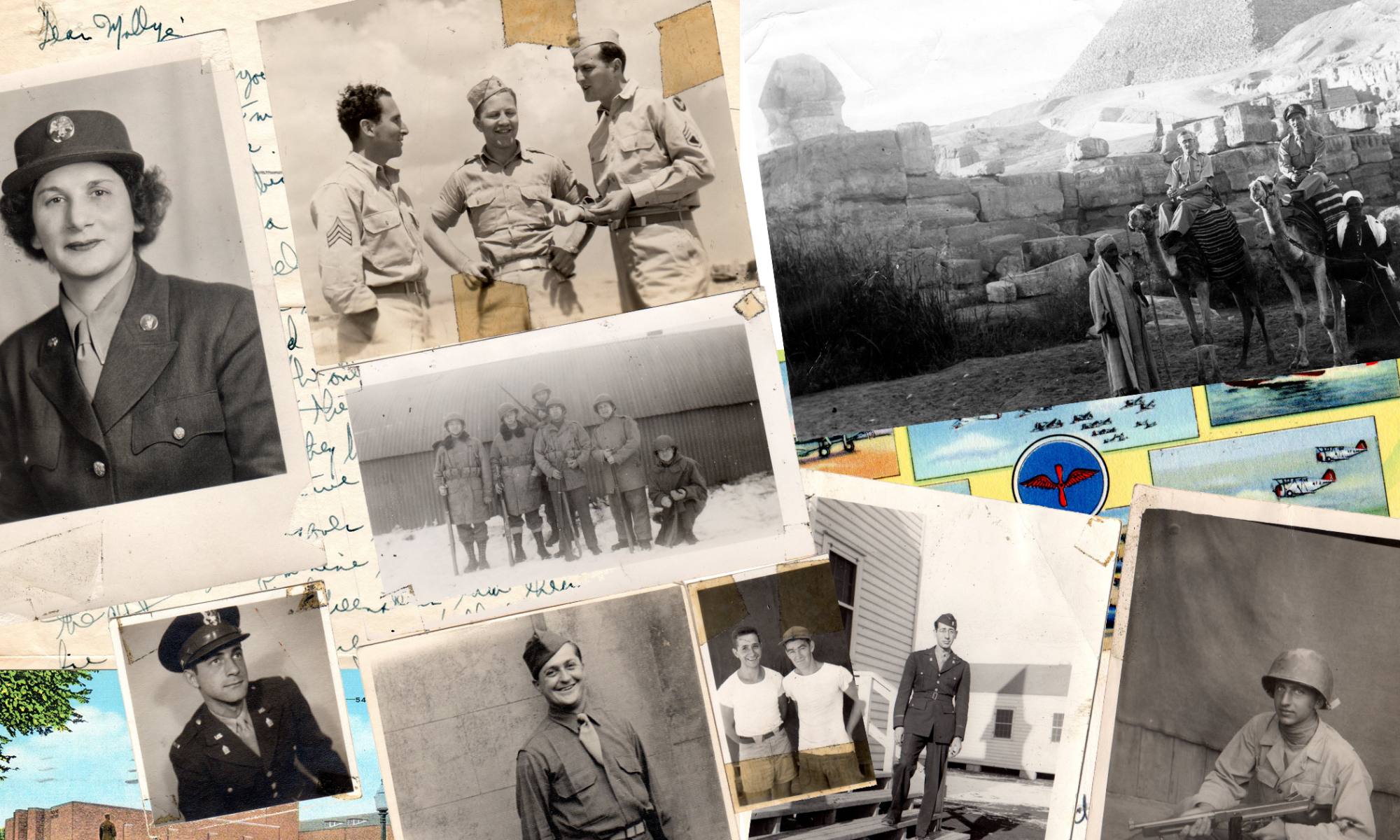If the title of this article sounds like a convoluted story, it is. But here goes.
Barbara and I were in Atlanta for our granddaughter’s Bat Mitzvah, and we checked our email. Low and behold there was a message from Gail Pietrzyk, our archivist, forwarding an e-mail and attachment that she received from a William “Willie” Gabel. That is “phase one” of our story.

Here is “phase two.” In June of this year, Willie Gabel was walking along the Leipsic River in Kent County. He observed something glistening in the sand. It looked like a shard of glass. Intrigued, he dug it out. It was a bottle that had raised letters of a person’s name on it, and an address in Wilmington. The name in raised letters was “Max Keil.” Willie went to his computer, typed in the name and came up with many listings. One listing was the Jewish Historical Society of Delaware. Curious about his find, he sent an e-mail to JHSD to inquire about the bottle’s origins and just who was Max Keil.
Gail noted the Max Keil name on the bottle, and kindly passed on to us the e-mail and attached photo of the bottle. I wrote to Willie advising him that it was a pre-prohibition liquor bottle —not a prescription bottle, as he originally thought. When we returned to Wilmington, I spoke at length with Willie. He was raised in Kent County, presently lives in Maryland with his wife and two children, and happened to be visiting his parents who reside near Dover. He has always had an interest in history, hence his inquiry to JHSD about his find.
Now to “phase three”. In the course of my conversation with him, I discovered that he is a career Coast Guard and is stationed in Maryland. I then told him a history story that he could share with his colleagues as the Coast Guard in past years came under the United States Navy.

I share this story with you. The United States Navy, during World War I, was short on binoculars, spyglasses and telescopes. As a result of this shortage, a plea went out to Americans to make available these items to the Navy. The program was titled “Eyes for the Navy”. Max was too old to be in the service, but in his own way helped. He made his binoculars available to the Navy. The ship to which they were assigned was not sunk and Max did get his binoculars back.
 In addition, Max received a check for $1.00. Max never cashed that $1.00 check. And as a result, I say in jest, the United States Navy has never been able to “balance its books”.
In addition, Max received a check for $1.00. Max never cashed that $1.00 check. And as a result, I say in jest, the United States Navy has never been able to “balance its books”.
It is one of the twists of fate that a pre-prohibition liquour bottle, buried in sand for over 80 years, provides the impetus for a person to write a story about a local Delawarean who helped our Government by making available and article of equipment much needed in the Great War.
Such is the fascination of history…and as a Jewish Historical Society of Delaware member or a reader of this newsletter, you are a party to the journey that never ends.


